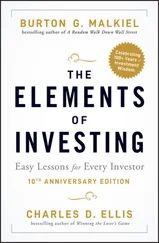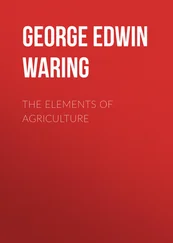| The candidate who best meets these requirements will obtain the place. |
In this sentence the relative clause restricts the application of the word candidate to a single person. Unlike those above, the sentence cannot be split into two independent statements.
The abbreviations etc. and jr. are always preceded by a comma, and except at the end of a sentence, followed by one.
Similar in principle to the enclosing of parenthetic expressions between commas is the setting off by commas of phrases or dependent clauses preceding or following the main clause of a sentence. The sentences quoted in this section and under Rules 4, 5, 6, 7, 16, and 18 should afford sufficient guidance.
If a parenthetic expression is preceded by a conjunction, place the first comma before the conjunction, not after it.
| He saw us coming, and unaware that we had learned of his treachery, greeted us with a smile. |
4. Place a comma before and or but introducing an independent clause.
Table of Contents
| The early records of the city have disappeared, and the story of its first years can no longer be reconstructed. |
| The situation is perilous, but there is still one chance of escape. |
Sentences of this type, isolated from their context, may seem to be in need of rewriting. As they make complete sense when the comma is reached, the second clause has the appearance of an after-thought. Further, and, is the least specific of connectives. Used between independent clauses, it indicates only that a relation exists between them without defining that relation. In the example above, the relation is that of cause and result. The two sentences might be rewritten:
| As the early records of the city have disappeared, the story of its first years can no longer be reconstructed. |
| Although the situation is perilous, there is still one chance of escape. |
Or the subordinate clauses might be replaced by phrases:
| Owing to the disappearance of the early records of the city, the story of its first years can no longer be reconstructed. |
| In this perilous situation, there is still one chance of escape. |
But a writer may err by making his sentences too uniformly compact and periodic, and an occasional loose sentence prevents the style from becoming too formal and gives the reader a certain relief. Consequently, loose sentences of the type first quoted are common in easy, unstudied writing. But a writer should be careful not to construct too many of his sentences after this pattern (see Rule 14).
Two-part sentences of which the second member is introduced by as (in the sense of because), for, or, nor, and while (in the sense of and at the same time) likewise require a comma before the conjunction.
If a dependent clause, or an introductory phrase requiring to be set off by a comma, precedes the second independent clause, no comma is needed after the conjunction.
| The situation is perilous, but if we are prepared to act promptly, there is still one chance of escape. |
For two-part sentences connected by an adverb, see the next section.
Конец ознакомительного фрагмента.
Текст предоставлен ООО «ЛитРес».
Прочитайте эту книгу целиком, купив полную легальную версию на ЛитРес.
Безопасно оплатить книгу можно банковской картой Visa, MasterCard, Maestro, со счета мобильного телефона, с платежного терминала, в салоне МТС или Связной, через PayPal, WebMoney, Яндекс.Деньги, QIWI Кошелек, бонусными картами или другим удобным Вам способом.












